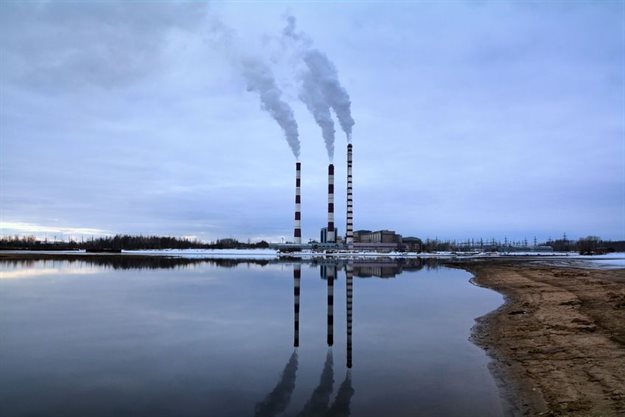Mitigation and the South African carbon tax
The very first period for filing of carbon tax returns opened on 1 October 2020, and will close on 29 October, at 3pm, after which penalties for late submissions will apply. During that limited timeframe, carbon taxpayers are required to file their initial environmental levy (carbon tax) accounts and pay carbon tax on their greenhouse gas (GHG) emissions between 1 June and 31 December 2019.
But why does South Africa need to reduce its carbon emissions and why is commencement of the carbon tax an important development in national climate change policy?
Accepted climate change science demonstrates that anthropogenic GHG emissions are driving and accelerating unprecedented changes to the global climate system and confirms the urgent need for con¬certed international mitigation action. South Africa is a participant in the multi-lateral climate change legal regime and has indicated its clear intention to contribute to the global climate response through urgent implementation of national measures. The importance of domestic action is not only a function of international climate diplomacy, global realpolitik and macroeconomics but also driven by the need to curtail the country’s elevated emissions profile and geophysical vulnerability to climate change.

Andrew Gilder
Mitigating South Africa’s GHG emissions is essential because South Africa has the highest GHG emissions on the African continent and is among the top 20 country emitters of GHG in the world, on an emissions per capita basis. The economy is also very carbon-intense and on par with the economies of industrialised countries such as Japan, the USA and China (carbon-intensity is a measure of GHG emissions per unit of GDP). The global trend towards future carbon-constraint means that economies which avoid taking mitigation action will become increasingly uncompetitive.
South Africa’s National Climate Change Response Policy describes a Peak, Plateau and Decline (PPD) GHG emissions trajectory range, intended to peak emissions between 2020 and 2025, to plateau them for approximately a decade, and to achieve an absolute emissions decline from 2035. The carbon tax is an essential element of the Post-2020 Mitigation System that government has crafted to achieve the PPD, and by its imposition South Africa becomes the first Africa jurisdiction (and one of only very few developing countries) to introduce a domestic price on carbon emissions.
About Andrew Gilder
Andrew Gilder, Director: Climate Legal, co-author of Concise Guide to Carbon Tax published by LexisNexis South Africa





































